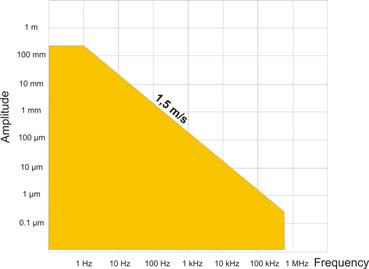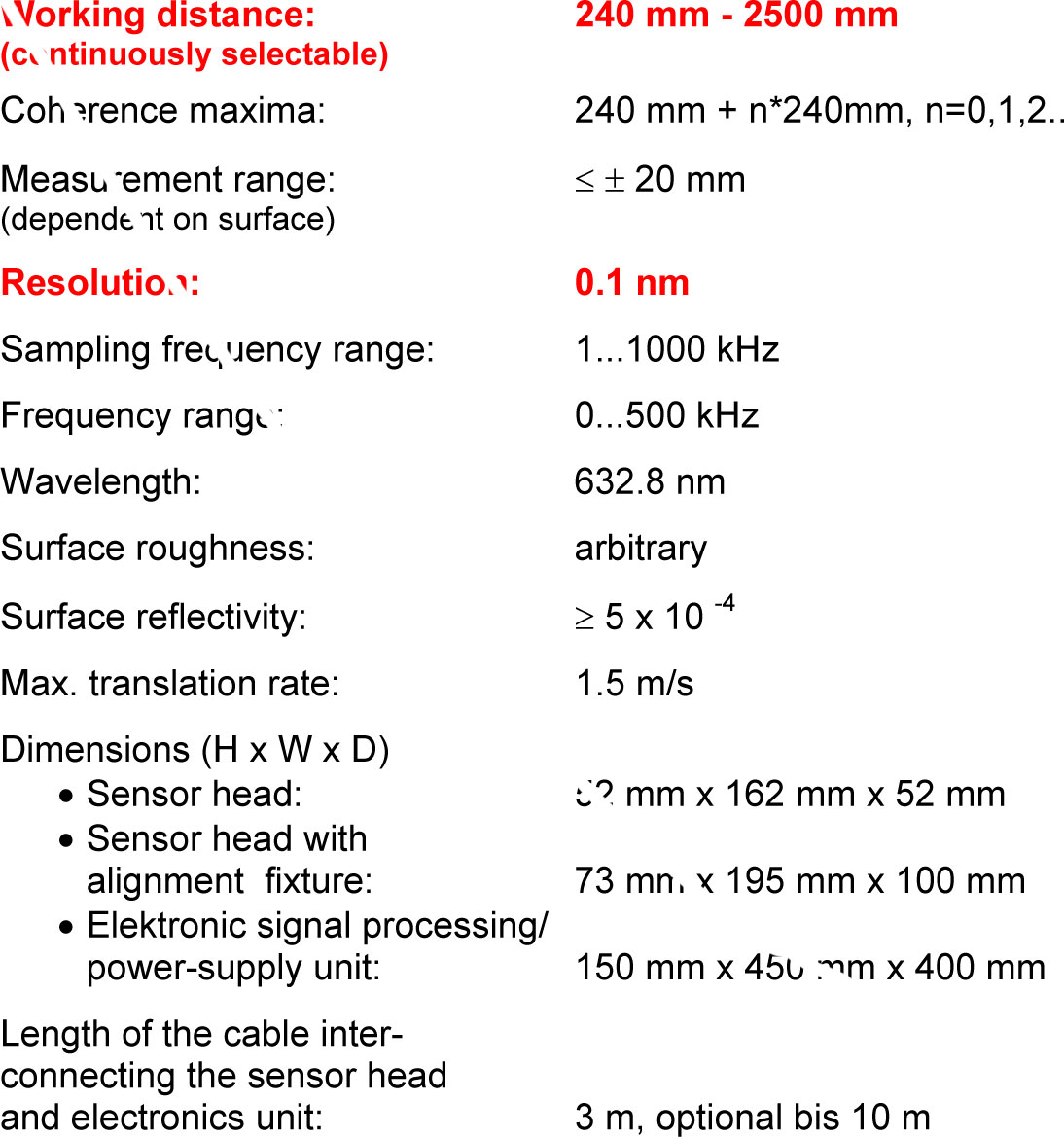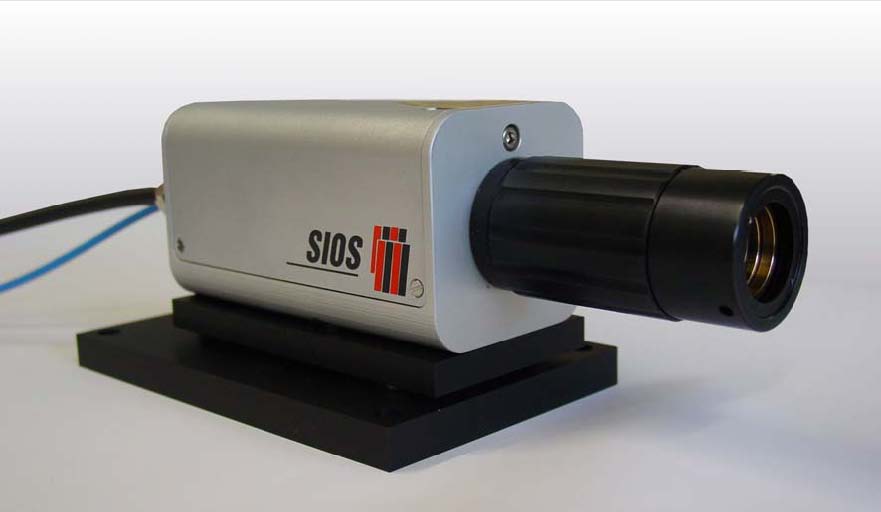|
|



[반사경용 레이저스케일]
[1빔형(SP)]
[2빔형(SP-DS)]
[3빔형(SP-TR)]
[SP-S]
[LSV-Series]
[Nano 진동측정기]
[Laser Gage Probe]
[Tonometer]
[ 복합 초정밀 측정기]
[SL 02]
[SL 03]
[SL 04]
[1빔형(SP)]
[2빔형(SP-DS)]
[3빔형(SP-TR)]
[SP-S]
[LSV-Series]
[Nano 진동측정기]
[Laser Gage Probe]
[Tonometer]
[ 복합 초정밀 측정기]
[SL 02]
[SL 03]
[SL 04]


시작>SIOS Laser>LSV-Series
자료 창고
|
catalog download |
|
레이저스케일 한글 매뉴얼 다운로드 |
|
레이저스케일 소프트웨어 한글 매뉴얼 다운로드 |
|
레이저진동분석기 한글 매뉴얼 다운로드 |
|
Laserinterferometric Vibrometer
LSV-Series |
||
| PRELIMINARY DATA SHEET | Features | |
| The laserinterferometric vibrometer is an ideal instrument for accurate, noncontact determination of temporal changes in the positions of objects or surfaces of arbitrary roughness. It detects mechanical vibrations at frequencies ranging from 0 to 500 kHz with subnanometer resolution. These instruments have been designed based on the proven concept of our SP-S Series laserinterferometeric vibrometers. The working distance of the LSV-Series vibrometer can be adjusted continuously in a wide range by a zoom objective. The complete system consists of a compactly designed fiberoptic-coupled sensor head, a modularly designed electronics unit incorporating a He-Ne laser, and various interfaces. The fiber-coupled interferometer converts motions along the optical axes into interference fringes that are transmitted to fast, high-resolution, demodulation electronics for processing. Opera-tion and display of results employs a PC running specialized data-analysis software. | • High precision vibration analysis and length measurement system • Noncontact measurements • Flexible installation • Adaptable to suit customers' needs• Fiberoptic coupling of the laser beam (eliminates thermal influences on measurement results) • Correction of ambient conditions • Easy to align and use • Includes FFT spectrum-analysis software | |
| Standard signal processor | ||
| Technical Data LSV-standard | Incremental signal-processing board equipped with vibrometer option: • High speed signal processing board • Cyclic data acquisition • External triggering input • Wavelength correction electronics • RS-232 C serial interface • USB interface Working Range:  |
|
 |
||
| Optional signal processor | ||
| Analog data output: • 8 length ranges • 16-bit resolution for output amplitudes up to ± 3 V • Cutoff frequency 500 kHz • Continuous data output | ||
| Software for Windows | Applications | |
| • Spectrum analysis • Digital filtering • Record lengths ranging from 256 to 32,768 data points • Computation of the speeds and accelerations of vibrational motions • Spectral averaging • Triggering by external hardware | • Making noncontacting vibration measurements on surfaces of arbitrary roughness • Determining the vibrational modes of plates and shells • Determining the resonant frequencies of microscopic objects • Making multi-coordinate measurements employing several systems • Performing high-precision length measurements | |

경기도 화성시 반송동 93-1 위버폴리스 506호, TEL : 031-385-7828, FAX : 031-347-7828
Copyright(c) 2002 CHARM-TECH. All rights reserved.
www.charm-tech.co.kr
, E-mail : master@charm-tech.co.kr

